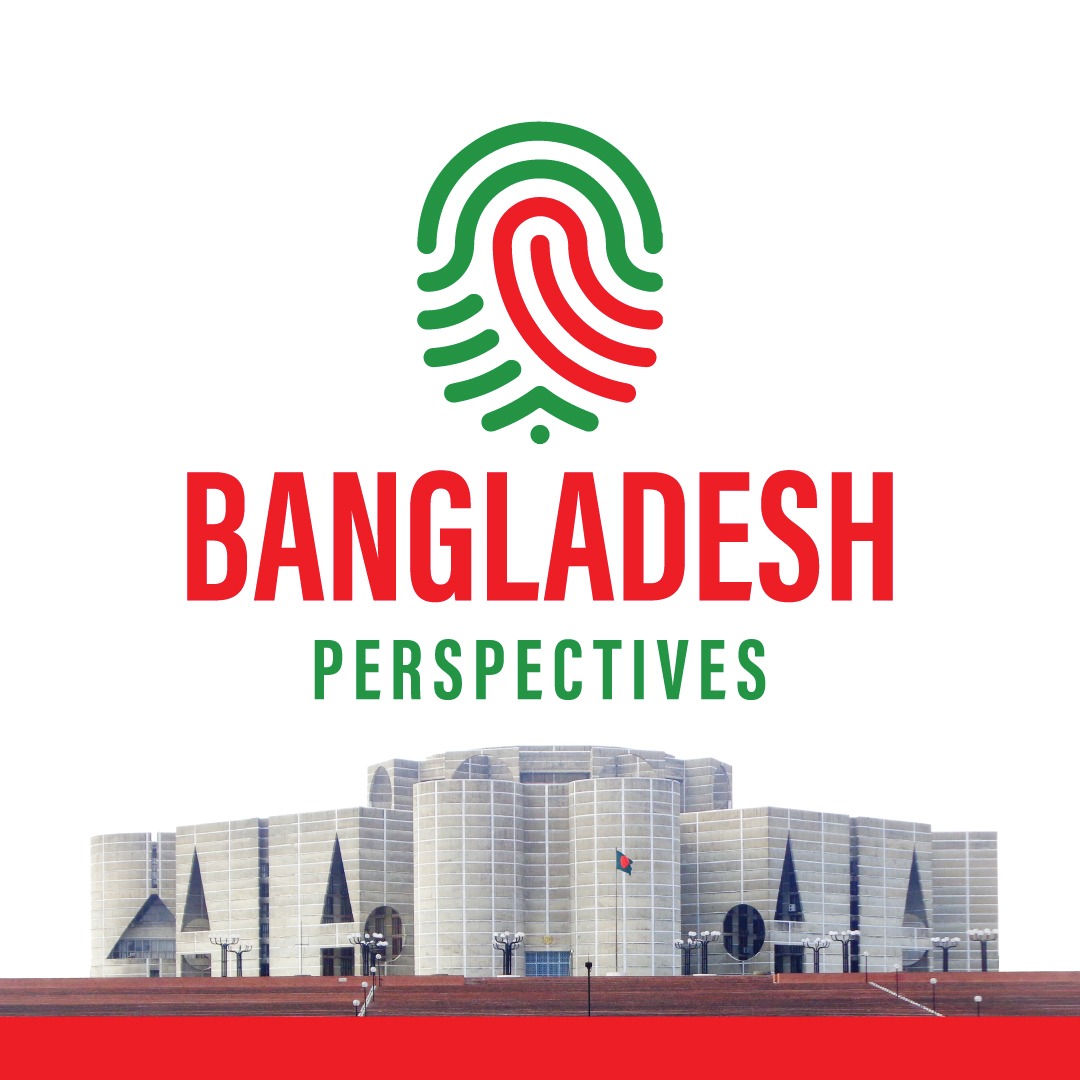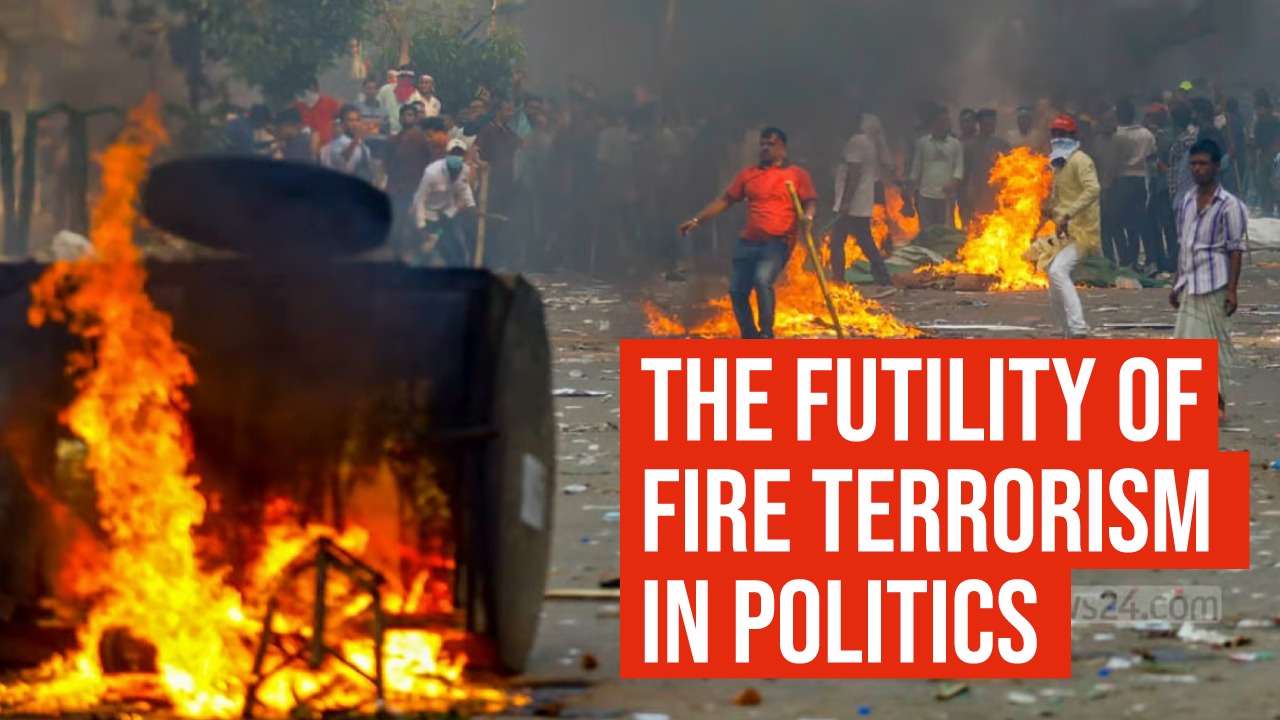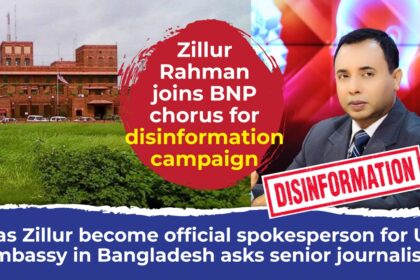The 12th parliamentary election of January 7, 2024, in Bangladesh is notable not just for its importance but also for the negative impact caused by the opposition’s use of fire terrorism. The streets were filled with the reverberations of arson assaults on vehicles, resulting in loss of life and hundreds of injuries, as the opposition fiercely opposed the democratic process. This raises an urgent pertinent: can acts of fire terrorism be justified inside a democratic society? The response is categorically and emphatically “no.” The repeated occurrence of such detrimental political tactics, evocative of the party’s behavior before the 2014 election, necessitates a thorough analysis of the impact of violence in eroding the fundamental principles of democracy.
The essence of democracy is in its foundation on the ideals of plurality, open conversation, and peaceful coexistence. It flourishes based on the concept that many political ideas may come together within a structure that upholds individual rights, liberties, and the principles of law. Engaging in fire terrorism not only contradicts democratic principles but also weakens the fundamental basis of democracy. It is crucial to analyze this significant departure from democratic values and consider its consequences.
Utilizing fire as a political instrument not only jeopardizes lives but also undermines the crucial trust necessary for a flourishing democratic society. In a democratic system, citizens depend on the political process to redress their complaints, articulate their concerns, and bring about transformation. The utilization of violence, namely through acts of arson, undermines the essential confidence between the governed and the ruling. The opposition’s actions, characterized by vandalism and disorder, contradict the fundamental principles of democracy, which rely on nonviolent participation and political discourse.
Furthermore, the act of using fire as a form of terrorism maintains a cycle of violence that directly endangers the democratic structure. The opposition’s utilization of such strategies runs the risk of establishing violence as an accepted method of political protest, establishing a hazardous example for future political discussions. Political conflicts in a democracy should be resolved through communication, compromise, and respect for constitutional processes. The implementation of harmful techniques not only puts lives at risk but also undermines democratic prospects by diverting them from a trajectory of harmonious cohabitation.
The repeated incidents of arson assaults, which bring to mind the events preceding the 2014 election, emphasize the immediate necessity for self-reflection among the opposition members. The strategies implemented at that time proved ineffective and, instead, exacerbated a cycle of violence that appears to have endured. Fire terrorism impedes the advancement of a robust democratic system, damaging the reputation of democracy at both domestic and global levels.
Moreover, the opposition’s dependence on fire terrorism creates doubts over its dedication to democratic norms and adherence to the rule of law. Democracy flourishes when political participants protect the integrity of institutions, safeguard the rights of citizens, and engage in productive discourse. Engaging in violence, namely through acts of arson, not only contradicts these beliefs but also creates a gap between the opposition and the population it claims to represent.
It is crucial to acknowledge that the 12th parliamentary election was not an isolated event but rather a manifestation of a wider pattern of detrimental politics that requires a comprehensive approach to be tackled. The opposition should evaluate and reconsider its strategy, acknowledging that true democratic advancement stems from the use of nonviolent methods for political expression and dedication to the fundamental ideals of democracy. For Bangladesh to maintain its democratic principles, the opposition must reevaluate its strategy for expressing political disagreement. The route to achieving democratic transformation is through productive discourse, active involvement with the voting population, and a steadfast dedication to the fundamental tenets that characterize a flourishing democracy. Fire terrorism is not conducive to this process; instead, it impedes development, obstructs serious political conversation, and jeopardizes the fundamental principles of democracy.
Undoubtedly, in the context of democracy, it is crucial to emphasize the significance of gaining the trust of citizens through constructive political endeavors. Trust is the fundamental basis of the social agreement between elected officials and the voters. Engaging in political activities that are marked by transparency, accountability, and a dedication to the collective welfare, instills a feeling of trust and dependability among the populace. When political leaders actively participate in beneficial and morally upright actions, it not only enhances democratic institutions but also fosters an atmosphere where individuals perceive themselves as being listened to, esteemed, and adequately represented. The trust serves as a spur for individuals’ active involvement in civic affairs, as they are more inclined to participate in the democratic process when they see their voices as significant.
To summarize, the occurrences of fire terrorism that took place during the 12th parliamentary election in Bangladesh have had a serious impact on the democratic process. Democracy thrives when it upholds the norms of peacefulness, discussion, and reverence for institutions. The opposition’s dependence on arson assaults not only jeopardizes lives and hampers the political process, but also prompts crucial inquiries regarding its dedication to democratic principles. For Bangladesh to progress towards its democratic future, political entities must abandon harmful strategies and adopt a course of positive involvement for the overall welfare of the country.
Writer: Dr. Pranab Kumar Panday, Professor in the Department of Public Administration at the University of Rajshahi.





